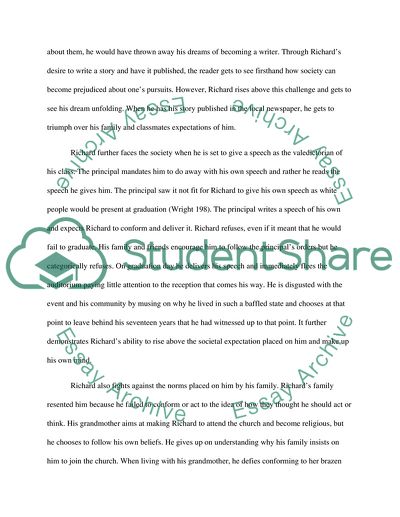Cite this document
(“The Individual versus Society in Black Boy by Richard Right Essay”, n.d.)
The Individual versus Society in Black Boy by Richard Right Essay. Retrieved from https://studentshare.org/literature/1641002-the-individual-versus-society-in-black-boy-by-richard-right
The Individual versus Society in Black Boy by Richard Right Essay. Retrieved from https://studentshare.org/literature/1641002-the-individual-versus-society-in-black-boy-by-richard-right
(The Individual Versus Society in Black Boy by Richard Right Essay)
The Individual Versus Society in Black Boy by Richard Right Essay. https://studentshare.org/literature/1641002-the-individual-versus-society-in-black-boy-by-richard-right.
The Individual Versus Society in Black Boy by Richard Right Essay. https://studentshare.org/literature/1641002-the-individual-versus-society-in-black-boy-by-richard-right.
“The Individual Versus Society in Black Boy by Richard Right Essay”, n.d. https://studentshare.org/literature/1641002-the-individual-versus-society-in-black-boy-by-richard-right.


